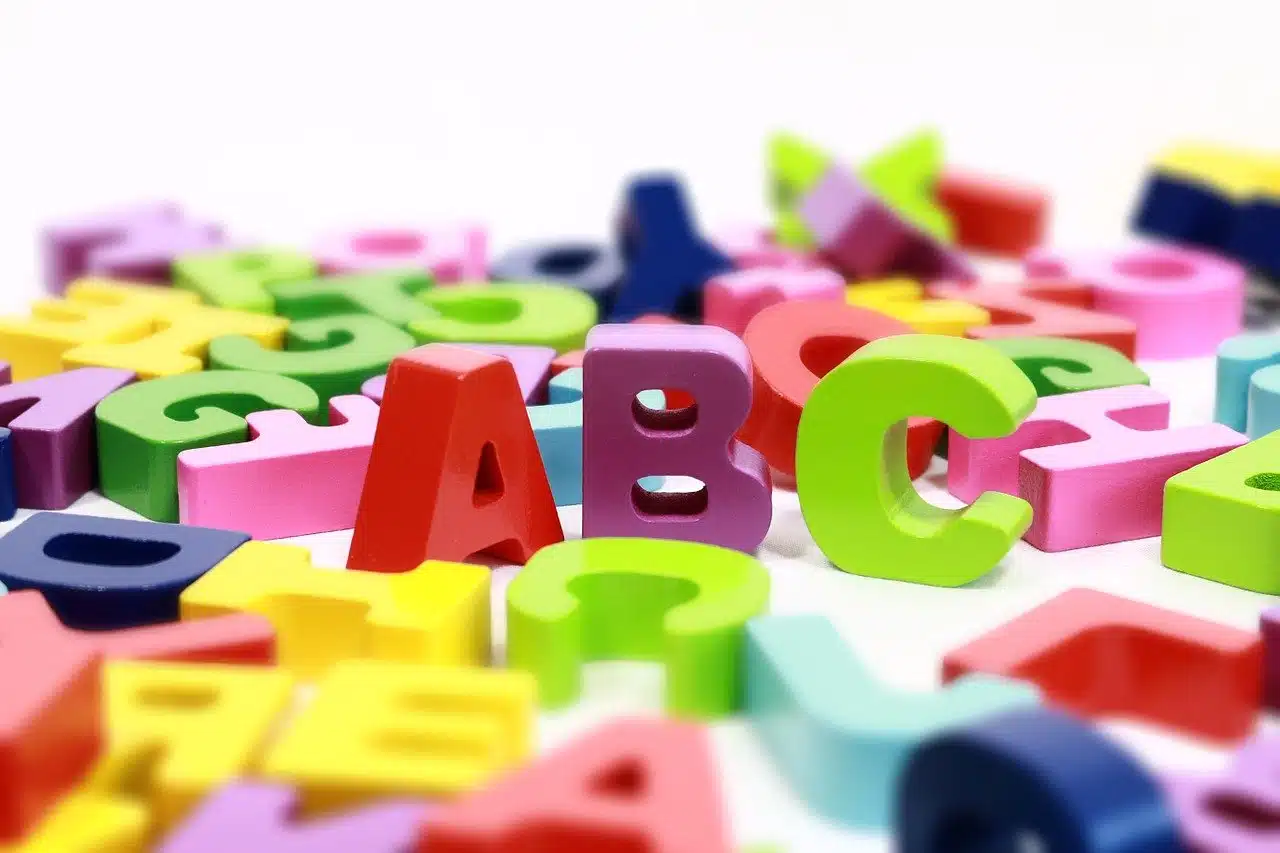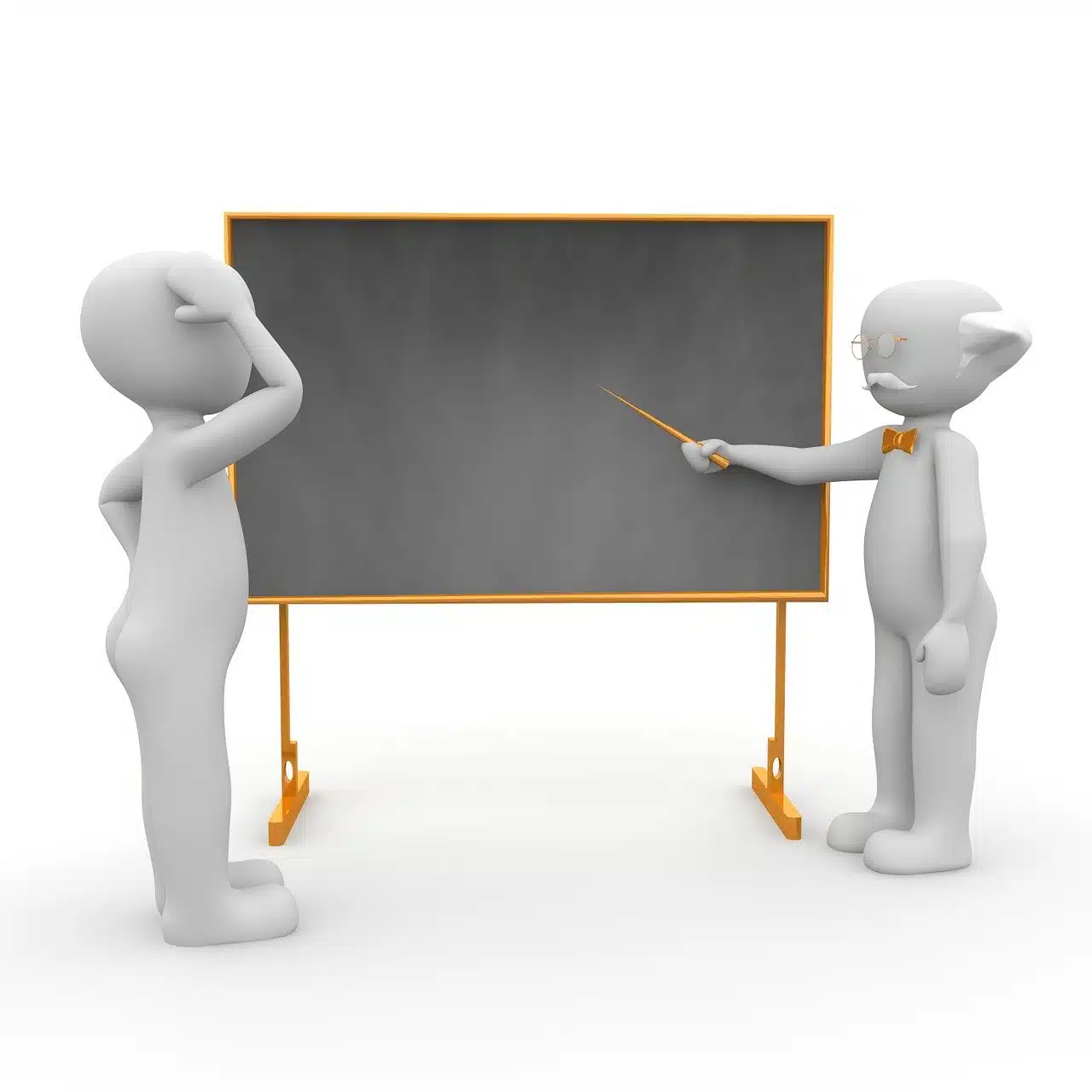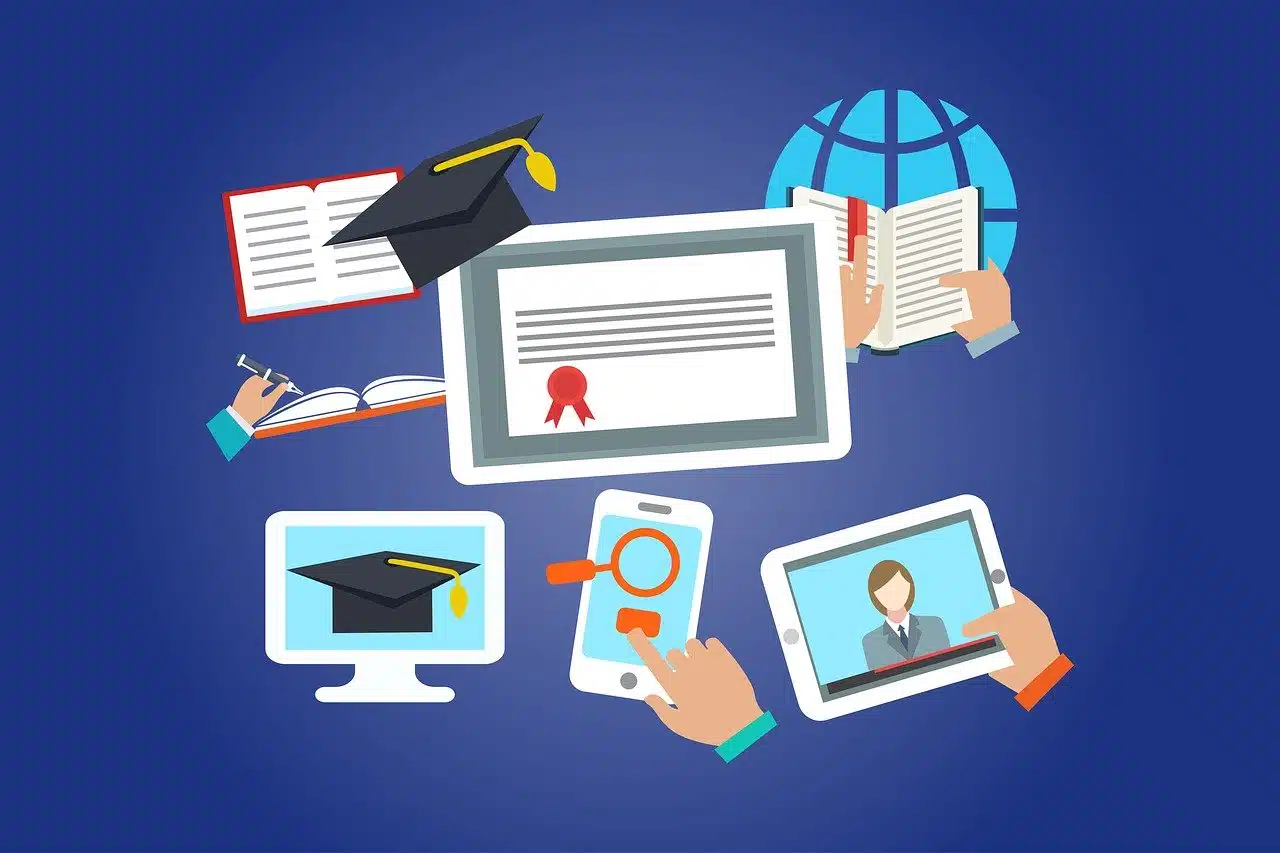
Literacy that enables reading and writing is one of the objectives of primary education.
Education is the process of socialization of individuals: by being educated, a person assimilates and learns knowledge. Education also implies cultural and behavioral awareness , where new generations acquire the ways of being of previous generations.
The scientific discipline that is dedicated to the analysis of education is called pedagogy . The art of teaching, meanwhile, is called didactics .
Academic training is provided by teachers and takes place in institutions such as schools , colleges , institutes and universities . These establishments adhere to a curriculum approved by those responsible for the nation 's educational policy. In the case of non-formal education or informal education, the training is less structured.
Education levels
Education is usually organized into levels. The initial level is the one accessed by the youngest children, generally up to 5 years of age. Then come the instances of primary education and secondary education , which usually complete compulsory instruction.
People who decide to continue their studies can continue with higher education , whether tertiary education or university education . In these cases, the professional training of the individual is targeted.
It is interesting to mention that there is early education , which consists of the implementation of educational techniques before the initial level. On the other hand, adult education is the modality that allows those over 18 years of age to complete primary or secondary school. Special education also addresses the needs of students with disabilities.
Features of the educational process
The educational process materializes in a series of skills and values that produce intellectual, emotional and social changes in the individual. Depending on the degree of awareness achieved, these values can last a lifetime or only a certain period of time.
In the case of children, education seeks to promote the process of structuring thought and forms of expression. It helps in the sensory-motor maturation process and stimulates integration and group coexistence.

Education can be carried out through private classes or tutoring.
Education modalities
Formal or school education consists of the systematic presentation of ideas, facts and techniques to students. A person exercises an orderly and voluntary influence on another, with the intention of training him or her. Thus, the school system is the way in which a society transmits and preserves its collective existence among new generations.
On the other hand, it should be noted that modern society gives particular importance to the concept of continuing or permanent education , which establishes that the educational process is not limited to childhood and youth, but that human beings must acquire knowledge throughout their entire life. life .
Within the field of education, another key aspect is evaluation , which presents the results of the teaching and learning process through grades . Evaluation contributes to improving education and, in a way, it never ends, since each activity that an individual performs is subjected to analysis to determine if they achieved what they were looking for.
Exams and standardized tests , in the formal setting, reveal the academic performance of students. A student with low grades may fall into repetition : the obligation to repeat a grade already taken. Sometimes, poor school performance leads to school dropout (leaving out of the educational system).

In some cases, online education encourages autonomous learning .
Historical evolution
Throughout history , the approach we have given to education has changed significantly and on more than one occasion. Its evolution is very complex, partly because not all knowledge is transmitted in the same context or with the same rules: while in our first months of life we spontaneously learn from adults a series of basic concepts such as the manipulation of certain objects , walking, oral communication and play, school brings with it a much more rigid and orderly structure.
Within school education, in the past the majority trend was towards the "militarization" of the system : an "omniscient" teacher was placed in front of his students, who attended their lessons silently and seated. Two figures were opposed: that of the person who has something to teach and that of the group that can only learn, but that does not contribute anything to the first. Fortunately, over the decades this changed and is still in full transition towards a flexible and personalized reality, which gives each person a significant role.
Precisely, one of the great failures of militarized education is that teachers close themselves to the contributions of their students , as if they had nothing to learn. This harms both parties: the teacher does not grow professionally; students do not receive a space to give their opinion ; Future students do not access a wiser teacher, because he never incorporates new knowledge. On the other hand, all students in a closed system must learn the same content, in the same way, and undergo the same evaluations, something as absurd as it is unfair.
The education towards which we are currently tending aims to ensure that each student receives personalized treatment so that they learn what really serves them and in the most appropriate way for their abilities. For example, future writers should not be required to have a scientist's level of mathematics.
Distance education
Distance education is a possibility offered by new technologies. Thanks to the widespread use of the Internet, online education has spread throughout the world, expanding training options and possibilities.
This educational innovation allows a person to access classes through video calls and consult teaching materials and textbooks in digital libraries, for example. The educational technology available today gave rise to the birth of resources such as MOOCs , which are massive and open online courses.
E-learning (electronic learning) contemplates the option of learning sciences or languages or even completing a bachelor's degree, a diploma, a master's degree or a doctorate virtually, without the obligation to periodically or regularly attend a physical place to study.
